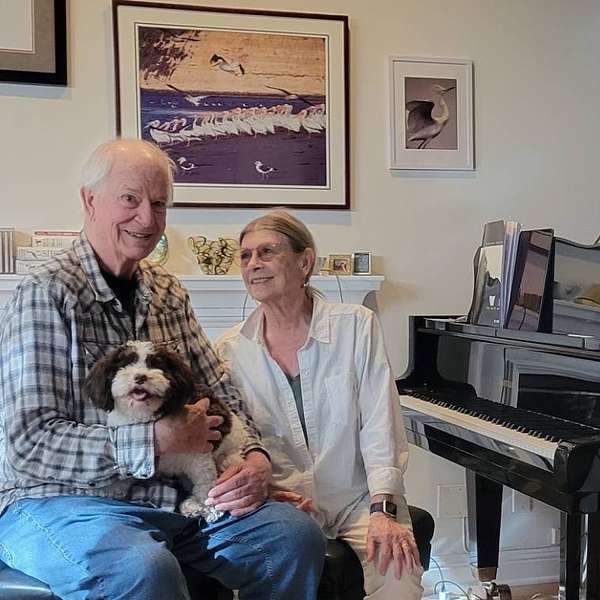
The Dolci Show
The Dolci Show
John Williams Oboe Concerto
Concerto for Oboe (Piano reduction) by John Williams (b. 1932)
- Prelude: Exuberantly, Broadly
- Pastorale: Moderato, with Nostalgia
- Commedia: Playfully, Joyfully
John Williams is a distinguished American composer, best known for his film scores. In 2005 the American Film Institute selected Williams's score for Star Wars as the greatest film score of all time. He has won 25 Grammy Awards and received 52 Academy Award nominations and 5 Academy Awards. He is also a composer and conductor of concert music. He wrote this concerto in 2011 for Keisuke Wakao, the principal oboist of the Boston Pops Orchestra, of which Williams was music director for many years.
Some composers try to create excitement by forcing the players to struggle with technical difficulties.* Not so John Williams, and certainly not his Oboe Concerto. Williams’ concerto requires practice and precision from the oboist, but mostly it demands fluency, energy and expressiveness in the moment. Its phrases fall naturally within a human breath. The oboe part is written in a range where it can produce a nuanced timbre, can start and end notes precisely, and has a speech-like potential to engage the listener’s emotions. The piano reduction is precisely notated to reproduce the complex ensemble playing and rich sonorities of the Boston strings without risking injury or public humiliation to the pianist. He lets both players’ hands move efficiently without straining for uncomfortably large intervals.
This generous gift to the oboists and pianists of the world shows how well Williams can cast spells, play games, evoke moods and tell stories. It is a genial piece, composed in a language of beautiful, logically connected sounds, and with the sweet smile of reason.
_________________________________
Essa-Pekka Salonen stated this in his comments to an audience at Hertz Hall, Berkeley, California, c. 2012. Fascination with virtuosic musical performance as a form of heroism has been part of Western music at least since the early nineteenth century when great soloists like Paganini and Liszt began to be idolized in the press along with popular heroes like Cook, Nelson and Napoleon. _________________________________
Photo by May Phan